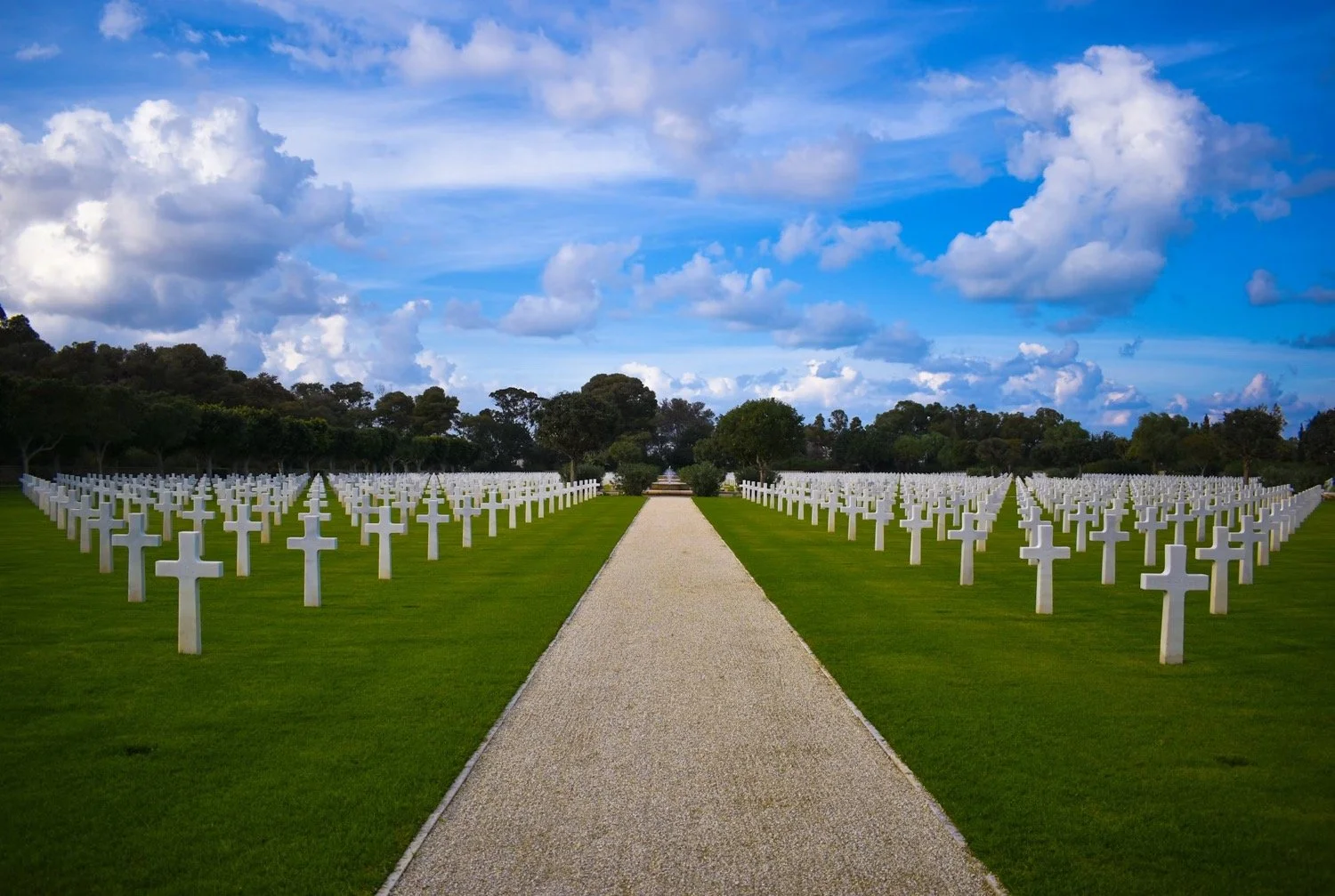Readings for today: 2 Kings 24-25, 2 Chronicles 36:1-21, Jeremiah 52
Warfare in the ancient world was much different than it is today. There were no Geneva Conventions. There were no “rules” of war that empires generally followed. There was no “international court” to appeal to for war crimes. No quarter was given to the local population. No steps were taken to protect non-combatants. No thought was given to those caught up in the conflict through no fault of their own. Prisoners were often tortured and executed in the field. Entire cities were razed to the ground. The goal was the complete annihilation of a culture. The eradication of the conquered kingdom from the history books.
We see a terrifying example of this in what happened to Judah when Babylon invaded. Judah had faced enemies before. In fact, the Egyptian armies had just defeated them in battle and levied a tribute but they left the kingdom of Judah largely intact. Babylon took a much different approach. They “burned the Lord’s temple, the king’s palace, all the houses of Jerusalem; and burned down all the great houses. The whole Chaldean army with the captain of the guards tore down all the walls surrounding Jerusalem.” (Jeremiah 52:13-14 CSB) It’s hard to wrap our minds around the complete destruction visited upon Judah by King Nebuchadnezzar and his armies. They left nothing standing. Not the Temple. Not the palace. Not any of the great houses. Not the walls. One gets the sense that there was nothing but rubble left by the time they were finished. Again, their goal was the complete and utter destruction of the Jewish way of life. They not only burned God’s Temple to the ground but they took everything associated with it to Babylon. All the furnishings. All the utensils. Everything the priests used to conduct any of the prescribed religious ceremonies. All gone. Not only that but they took the high priest and religious leaders and put them to death. The hope was to erase even the memory of God from the earth. They burned the king’s palace which was the seat of government. They took all the political and governmental leaders into exile. They took all the military men and leadership. They tore down the walls so as to leave Jerusalem completely defenseless. They wanted to make sure she never rose again to prominence in the region. The only people left were the poorest of the poor.
Why would God allow such a thing? Why did God not step in to save as He had done so often throughout Israel’s history? The answer is clear. Israel refused to turn to Him. Israel refused to trust Him. Israel refused to acknowledge His Lordship over their lives. Exile was therefore God’s righteous punishment. The wages of sin is death, whether personally and individually or corporately and communally. God allowed Israel to die so He might raise her once again. God allowed everything that marked Israel as a nation to die in order to turn her heart to Him again. God stripped away all she once held dear so that she would learn to treasure Him once again. This is the point of death. It’s not an end. It’s not final. It’s a temporary punishment that leads us to an ultimate reward if we look to God.
Readings for tomorrow: Jeremiah 41-44
